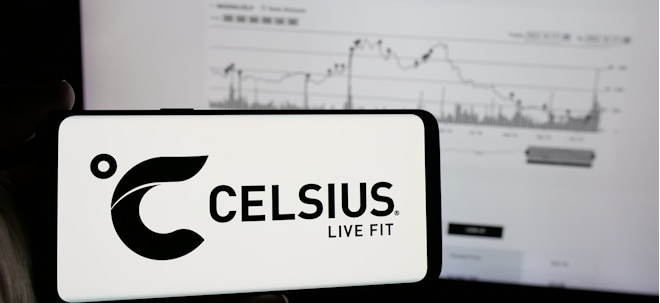Derivate bergen eine Menge Faktoren, die selbst von den in Davos weilenden Experten in punkto Risiko als nicht einschätzbar gelten, weil es diesbezüglich nicht genügend Erfahrungspotential gibt. ( will bedeuten, man ist erst nach dem Knall schlauer ) Noch überwiegt ein geradezu überschwänglicher Optimismus für 2007, 92% der dort befragten Firmenführer äußerten sich zuversichtlich bzw. sehr zuversichtlich zu den Aussichten in diesem Jahr. ( 10-Jahres-Höchstand ! ) Überschwänglich über den schnell wachsenden Derivate – Markt ist man sicherlich bei den beteiligten Banken wie z.B. Goldman Sachs und Morgan Stanley, die haben u.a. an den Credit Default Swaps scheinbar wie dull verdient. ( .... has helped spur record earnings ) Der Credit Default Swap ähnelt einer Kreditversicherung. Dadurch erhalten Banken und Investoren ein flexibles Instrument, um Kreditrisiken zu handeln. Davos Economists Say Derivatives Demand Creates RiskBy John Fraher Jan. 24 (Bloomberg) -- Surging demand for derivatives is making financial markets more vulnerable to any slowdown in the global economy, said economists and executives at the World Economic Forum. ``You can easily get liquidity from the market every second for anything,'' said Bank of China Vice President Zhu Min at a panel discussion on the global economy in Davos, Switzerland. ``We really don't know what the risks are.'' The use of derivatives grew at the fastest pace in eight years during the first half of 2006 as a glut of cheap money allowed investors to bet more borrowed funds in financial markets. That's prompted policy makers including European Central Bank President Jean-Claude Trichet to say investors may not be accurately assessing risk. Montek Singh Ahluwalia, deputy chief of India's planning commission, said derivatives demand is a problem because ``people don't have much experience of this'' with the instruments in declining markets. Several measures show perception of risk is near historic lows. The risk of owning European corporate bonds dropped to a record today, according to credit-default swap traders. The amount of debt used to finance European buyouts rose to 8.7 times earnings in the third quarter, the most ever, and the Dow Jones Industrial Average this month rose to a record. `Systemic' Risks ``The amount of leverage in the system is growing at rates that are scary,'' Nouriel Roubini, chairman of Roubini Global Economics. ``We don't know derivatives are diffusing risk or concentrating it'' at a few major financial companies. ``The risk of something systemic happening is rising.'' Thomas Russo, vice chairman of Lehman Brothers Holdings Inc., says the chances of a financial blowup are declining. ``Risk is spread out in the financial services industry now much greater than ever before, Russo said in an interview. ``You have very sophisticated people in credit, very sophisticated people in risk management. Not to say there aren't going to be mistakes, there are always going to be mistakes. There are people who will make bad loans -- that's just part of the game. But I think the sophistication today is keeping up with the complexity of the instruments.'' Rising Confidence Derivatives are financial instruments derived from stocks, bonds, loans, currencies and commodities, or linked to specific events like changes in the weather or interest rates. The face value of the contracts jumped 24 percent to $370 trillion in the first half last year, according to the Bank for International Settlements. Trading in credit-default swaps, the fastest-growing derivatives market, has helped spur record earnings for banks including New York-based Morgan Stanley and Goldman Sachs Group Inc. The contracts are financial instruments based on corporate bonds and loans that are used to speculate on a company's ability to repay debt. For now, corporate chieftains are the most confident in at least a decade as more than 2,500 business leaders gathered in Davos, according to the PricewaterhouseCoopers LLP survey published today. Ninety-two percent of 1,084 executives questioned said they are ``confident'' or ``very confident'' about their prospects this year. That's the highest reading since the firm introduced the survey 10 years ago. Kompletter Artikel einsehbar unter http://www.bloomberg.com/apps/news?pid=20601170&sid=aly_rLt3ebBU&refer=home |


 Thread abonnieren
Thread abonnieren

